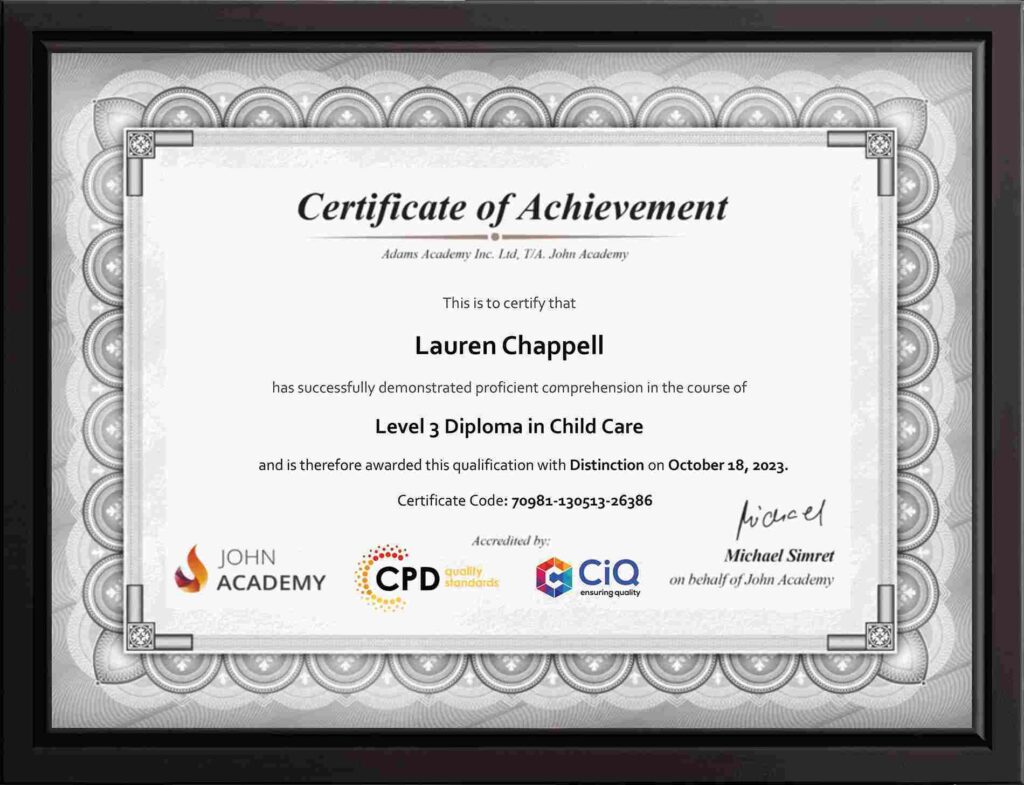

Welcome to an exploration of a critical aspect of the London job market: the influence of qualifications and courses on your earning potential. While talent, experience, and hard work are undoubtedly vital, a solid educational background can set the tone for a successful career in London, one of the world’s most competitive job markets.
Why do Qualifications Matter?
The UK job market has evolved significantly over the years, becoming increasingly specialised. Consequently, qualifications play a pivotal role in shaping one’s career trajectory. They serve as proof of your skills and expertise in a particular area, increasing your appeal to potential employers.
For instance, possessing a degree in Business Administration may improve your chances of landing a job in management or finance, while a Master’s degree could elevate your prospects even further. Likewise, having professional qualifications in areas like engineering, medicine, or law will typically place you in a higher income bracket.
How Do Courses Influence Earnings?
While academic qualifications undoubtedly carry weight, specialised courses are also invaluable assets in the job market. These courses, covering areas like digital marketing, project management, data analysis, or coding, can augment your existing qualifications or provide an alternate career path altogether.
For instance, a degree in English literature might provide a solid foundation in communication skills, but coupling this with a course in digital marketing could open up lucrative roles in the thriving online advertising industry.
Even those already gainfully employed can enhance their earning potential by taking relevant courses. A marketing professional, for instance, could complete a course in data analytics, thereby augmenting their skills and increasing their value to their current or future employer.
Average Salary and the Impact of Qualifications
It’s important to note that while qualifications and courses can bolster your earning potential, they aren’t the only factors that influence the average salary in London. Other factors, including the industry you work in, your job role, years of experience, and the demand for your skills, also significantly affect your earning potential.
However, studies have consistently shown that higher qualifications and specialised courses often lead to higher salaries. For example, those who hold an MBA typically earn more than those who only hold an undergraduate degree. Similarly, professionals who have completed courses in high-demand areas, like artificial intelligence or cybersecurity, command higher salaries.
Final Thoughts
There’s no denying that qualifications and courses affect your earning potential. The rich educational resources in London provide ample opportunities to gain these qualifications, whether you’re just starting your career or looking to progress further.
However, remember that while qualifications can enhance your career prospects, they should be balanced with real-world experience, continuous learning, and skill development. All these elements combined will not only help increase your earning potential but will also make your journey in the job market a fulfilling one.









